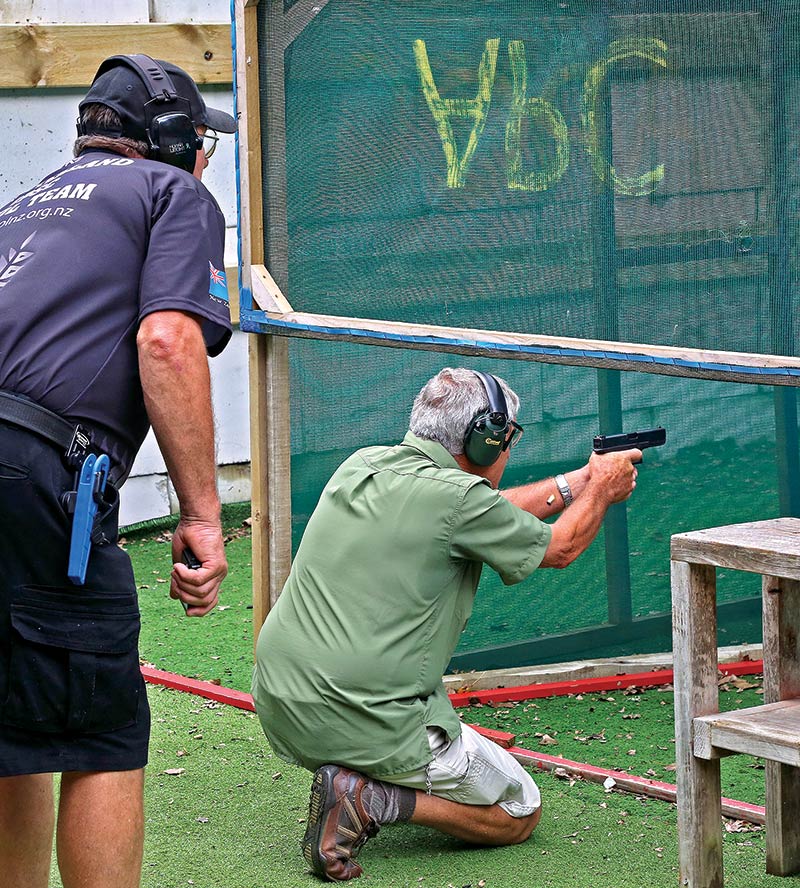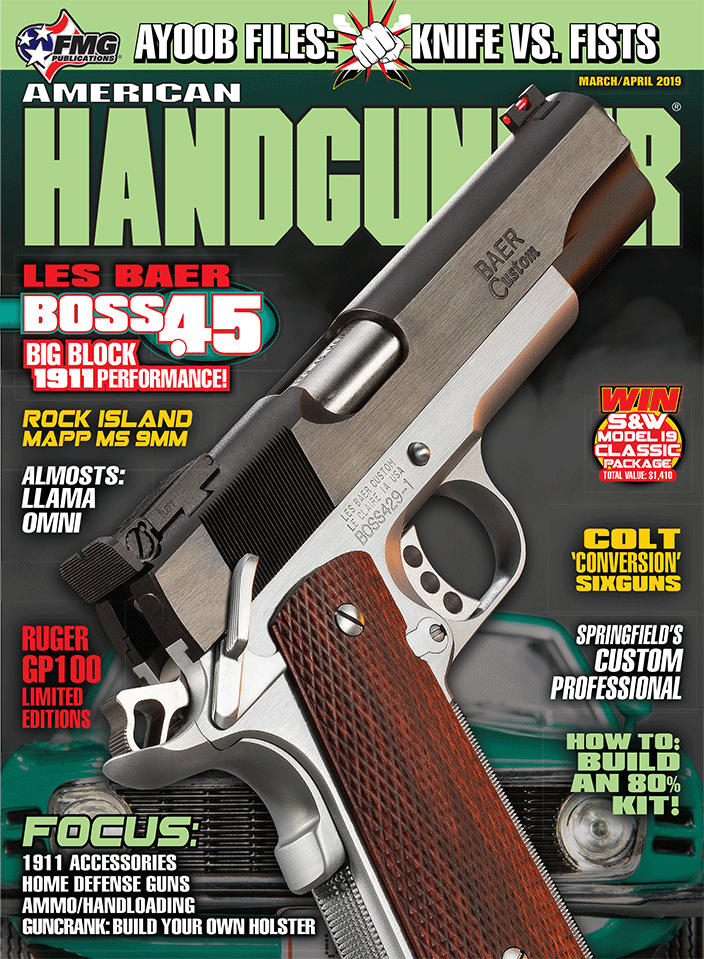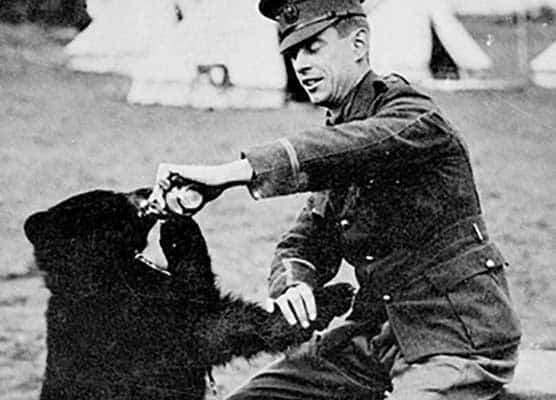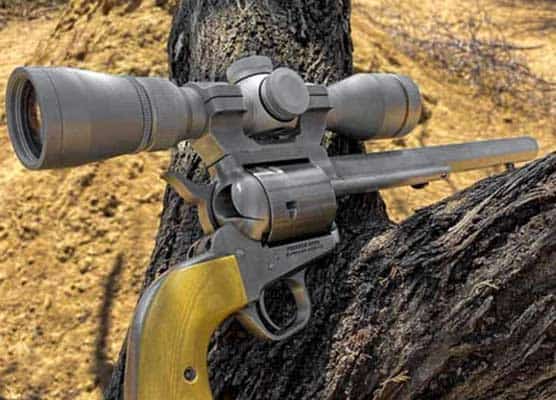Demystifying ‘Action’ Shooting
is It For You?
Lee Dimaculangan, U.S. Army Marksmanship Unit member. Note finger out of trigger guard, pistol is pointed downrange and under control even though he’s moving fast.
Practical pistol competition has become one of the most popular shooting sports, both worldwide and in the U.S. At the international level it’s administered by the International Practical Shooting Association (IPSC) with around 90 member nations.
Although united by common principles, each member nation has considerable autonomy in adapting rules and policies. In the U.S. the sport is administered by the United States Practical Shooting Association (USPSA). If formal practical pistol competition interests you, whether at club level with a few buds, or at a world championship with the world’s best, start by joining your nation’s organization.
What is the appeal of practical shooting? Somewhere I read advice to employers hiring welders. The article said there are two types; production welders, who like doing the same job over and over, striving to make each weld as perfect as possible. And maintenance welders, who hate routine and are happiest taking on new challenges every day. The point was know which you’re dealing with, as they are not interchangeable. There are many exceptions, of course, but I think there is a kernel of truth there.
Most competitive handgun sports resemble the first example; standard courses of fire, many of which have remained unchanged for decades. One of my favorite aspects of practical shooting competition is its diverse challenges. I get bored shooting the same courses of fire over and over. With practical shooting every match is different. The best courses of fire present a situation and challenge the competitor to handle it. They present “start here, finish here, solve the problem” scenarios.
Learning safe, competent gun-handling skills at a range near Auckland, NZ. This is a structured training course, starting with the basics of safety, progressing through the skills required in competition.
Lots To Learn
Practical shooting requires a broad range of shooting skills. A casual observer can be forgiven for thinking practical shooters always use a two-hand hold. Actually the sport is freestyle. So far no one has found a better way to deliver an accurate shot fast than with a two-hand grip. Shoot one-handed from the hip if you prefer. Win a sectional championship and many local shooters will copy you. Win a USPSA national championship or world championship and everyone will be copying you.
Other shooting skills include engaging multiple targets; strong- hand and weak-hand-only shooting; presenting the pistol from a holster; smooth and fast reloading; transferring the pistol safely from one hand to the other; shooting while moving; shooting from a variety of positions including standing, kneeling, prone, and any other safe position circumstances and your personal agility allow.
Obviously such advanced shooting skills are not learned in a day, or a month. Qualified instructors with IPSC worldwide, and with USPSA in the U.S., do an absolutely fantastic job of training and qualifying both competitors and range officers. The first priority is the safety of spectators, range officials and competitors. Safety standards are stringent and are rigorously enforced.
IPSC/USPSA range officials, in my experience, are second to none. They work hard to ensure competitors have the opportunity to shoot the best score of which they are capable. But unsafe gunhandling, such as pointing the muzzle in an unsafe direction, or moving with a finger in the trigger guard, will result in disqualification — and it doesn’t matter if the shooter is Joe Schmoe or the reigning world champion.
I point this out not to discourage anyone from taking up the sport, but to assure newcomers their safety is a primary concern. You’re at more risk driving to the range than when you get there. You’re more likely to get hurt showering at home after the match than at the match.
Kippi Leatham doing a reload while shooting Production division. Note at least a couple of rounds remaining in the ejected mag — it’s good strategy to reload before the gun goes to slide lock, shaving time.
A Level Field
USPSA/IPSC competitions recognize winners in various categories to help level the playing field. Obviously some fit, fast, flexible 25-year old wouldn’t have much chance competing against a wily Super Senior (yeah, right). Major matches have categories for women, juniors, seniors and super seniors. There are also divisions for various types of firearms (see the Winning Edge column in this issue for more information).
To further level the playing field there’s a classification system with Grand Master at the top, then Master, followed by classes A-D. Most of us have to work hard for a living, limiting the time available for training. Heck, some even have other interests taking up their time. Shooters compete with others at a similar skill level, not necessarily against Grand Masters, for whom shooting is their job.
Although you don’t compete directly against the world’s best shooters, you can compete with them. I find this another appealing factor. You can be a scratch golfer and never have the slightest chance of teeing it up with the pros. But as long as you are a safe, competent and committed shooter you can compete alongside the world’s best.
And you’ll see they take their turns picking up brass and taping targets just like everyone else.







